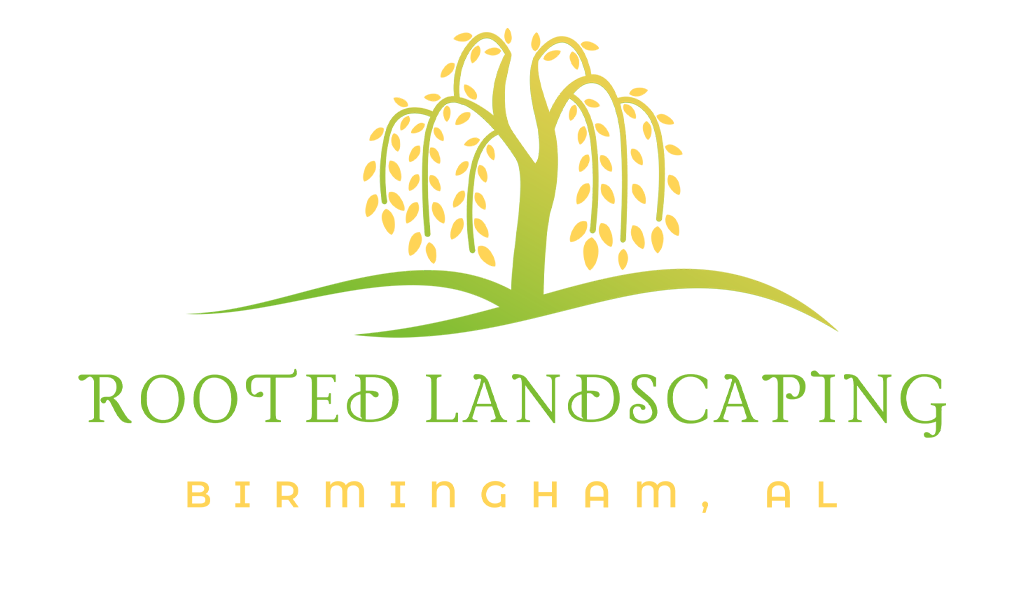Mulching is a crucial aspect of garden maintenance that often gets overlooked. Not only does mulch enhance the visual appeal of your landscape, but it also plays a vital role in plant health and soil protection. In Clay, AL, where the clay-heavy soil can present unique challenges to gardening, proper mulching techniques are even more essential. In this blog post, we will discuss the importance of mulching in Clay, AL, and provide a guide on how to mulch properly in this region.
Why Mulching is Important in Clay, AL
Clay soil, while fertile, tends to be dense and compacted, making it difficult for water and air to penetrate through to plant roots. This can lead to waterlogging, poor drainage, and root rot. Mulching helps to combat these issues by:
1. Improving Soil Structure: Mulch breaks down over time, adding organic matter to the clay soil and improving its structure. This enhances water retention, promotes better drainage, and increases the availability of nutrients to plants.
2. Weed Suppression: Clay soil is often a haven for stubborn weeds. A thick layer of mulch acts as a natural weed barrier, preventing weed seeds from germinating and competing with your plants for resources.
3. Temperature Regulation: In the hot Alabama summers, mulch acts as a protective layer, insulating the soil and helping to maintain a more consistent soil temperature. This is especially important for young plants and delicate roots.
How to Mulch Properly in Clay, AL
1. Choose the Right Mulch: Opt for organic mulches such as shredded bark, wood chips, or pine straw. These materials break down slowly, enriching the soil as they decompose. Avoid using inorganic mulches like rubber or plastic, as they do not benefit the soil.
2. Prepare the Soil: Before mulching, ensure the soil is weed-free and moist. It’s also a good idea to add a layer of compost or organic fertilizer to boost soil health.
3. Apply the Mulch Correctly: Spread a layer of mulch 2-4 inches thick around your plants, leaving a gap of a few inches around the base of each plant to prevent moisture-related diseases. Avoid piling mulch against tree trunks or plant stems, as this can lead to rot.
4. Maintain the Mulch: Check your mulch regularly and top it up as needed to maintain the desired thickness. Mulch can break down over time, so refreshing it annually is recommended.
By following these tips for mulching properly in Clay, AL, you can improve the health and beauty of your garden while mitigating the challenges posed by clay soil. Remember that mulching is a simple yet effective way to support your plants and create a thriving garden environment.


